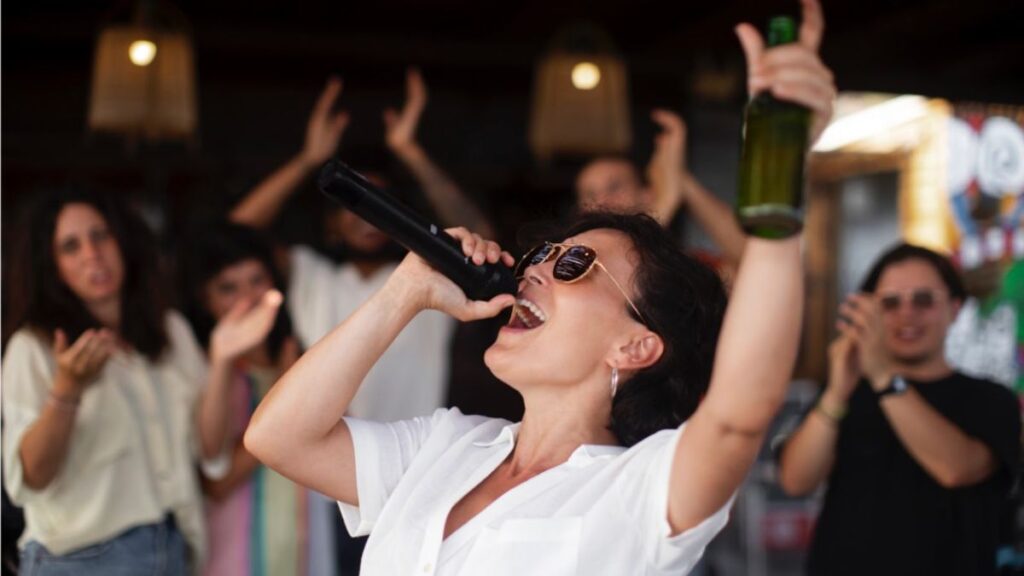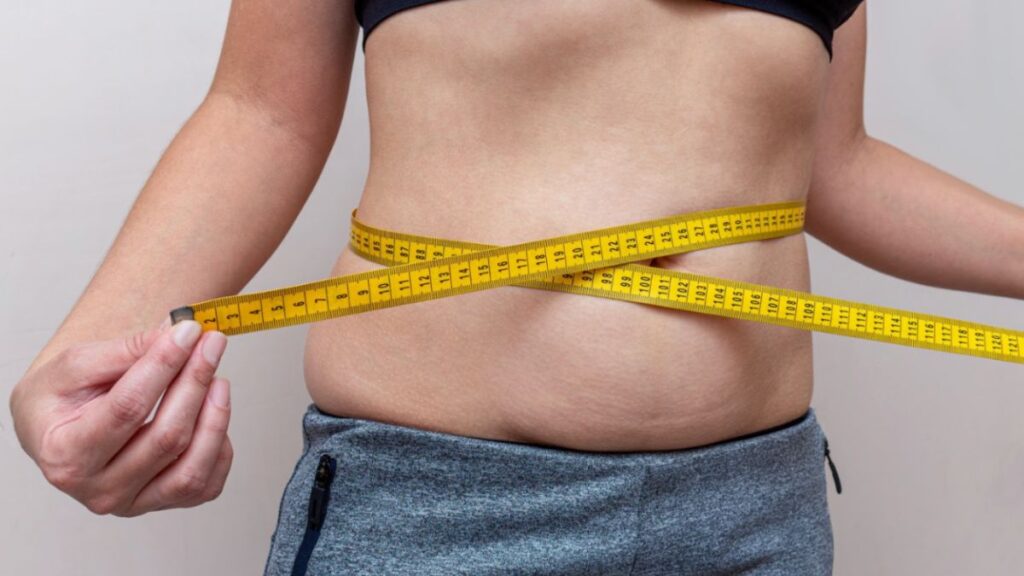It’s Friday night, and you’ve just wrapped up a long, hard work week. The weekend beckons and it calls for socializing, bedrotting, and for many, enjoying a few drinks. Whether it’s a cold beer at your tita’s birthday dinner, a fancy cocktail at some brand new boutique hotel in the Metro, or a glass of wine with friends, alcohol can easily become a weekend staple. While there’s nothing wrong with having fun, it’s important to recognize how those innocent drinks can impact your fitness journey.

The Hidden Calories in Alcohol
Alcohol is often called “empty calories” because, despite its high calorie content, it provides no nutritional benefits like vitamins, minerals, or protein. What most people don’t realize is that alcohol packs quite a punch in terms of calories. With 7 calories per gram, it’s more calorie-dense than carbohydrates (4 calories per gram) and nearly as dense as fat (9 calories per gram).

To put it into perspective, a standard glass of wine has about 120-150 calories, a bottle of beer ranges from 150 to 200 calories, and that fruity cocktail you love? It could easily clock in at 300+ calories, especially when suspicious mixers are involved.
These calories add up quickly. A couple of drinks at a weekend get-together can contribute several hundred extra calories to your day, often without you even realizing it.
How Alcohol Affects Your Fitness Journey
While enjoying an occasional drink is part of living a balanced life, regular or excessive alcohol consumption can undermine your progress in several key ways:
1. Slowing Fat Loss

If you’re working toward fat loss, a calorie deficit is key. When alcohol is introduced into your diet, it can easily tip the scale in the other direction by adding excess calories. Unlike healthy fats, protein, or carbohydrates, alcohol calories do nothing to fuel your body or support your fitness goals. On top of that, alcohol has been shown to increase appetite, often leading to overeating—especially of high-calorie foods like fried snacks or sugary treats.
2. Hindering Muscle Growth and Recovery

For those who are focused on building strength or muscle mass, alcohol can negatively impact muscle protein synthesis—the process your body uses to repair and build muscle tissue after workouts. Not only does it slow recovery, but it can also reduce your performance during workouts, particularly if consumed regularly. Alcohol can interfere with sleep, which is crucial for recovery and muscle growth. Without adequate rest, your muscles don’t have the chance to fully repair, which can lead to slower progress or plateaus.
3. Reducing Exercise Performance

Alcohol is a diuretic, meaning it causes your body to lose water, leading to dehydration. Dehydration can leave you feeling sluggish and fatigued, reducing your stamina and focus during workouts. This can affect your overall performance, making it harder to achieve the intensity needed for effective training. In some cases, dehydration can even increase your risk of injury during workouts, as your muscles and joints may not be adequately lubricated.
4. Disrupting Hormonal Balance

Alcohol can also have an impact on hormones that are crucial for your fitness journey. In men, alcohol consumption has been linked to lower testosterone levels, which can impede muscle growth and fat loss. In women, alcohol can disrupt hormonal balance and the menstrual cycle. For those with conditions like PCOS (Polycystic Ovary Syndrome), alcohol may exacerbate symptoms, making it more challenging to achieve fitness goals, especially if hormonal regulation is a key focus.
Mindful Drinking: Finding Balance

The good news is that you don’t have to give up alcohol entirely to stay on track with your fitness goals. The key is moderation and awareness. Here are a few tips to help you enjoy your drinks without derailing your progress:
- Opt for lower-calorie drinks: Instead of sugary cocktails, choose lighter options like vodka with soda water, a light beer, or a glass of dry wine.
- Set limits: It’s easy to lose track of how many drinks you’ve had in social settings, so setting a limit beforehand can help keep your calories in check.
- Plan ahead: If you know you’ll be drinking, adjust your meals earlier in the day to account for the extra calories. For instance, focusing on high-protein, low-carb meals can give you more flexibility.
- Stay hydrated: Drink water between alcoholic beverages to avoid dehydration and reduce overall alcohol intake.
The Bottom Line
Having fun and enjoying a few drinks with friends is a part of life, but it’s important to recognize how alcohol can impact your fitness journey. Those hidden calories can sneak up on you and interfere with fat loss, muscle growth, and overall performance. By drinking mindfully and being aware of the effects, you can strike a balance between your fitness goals and your social life—because a fit life is all about balance, not perfection.


